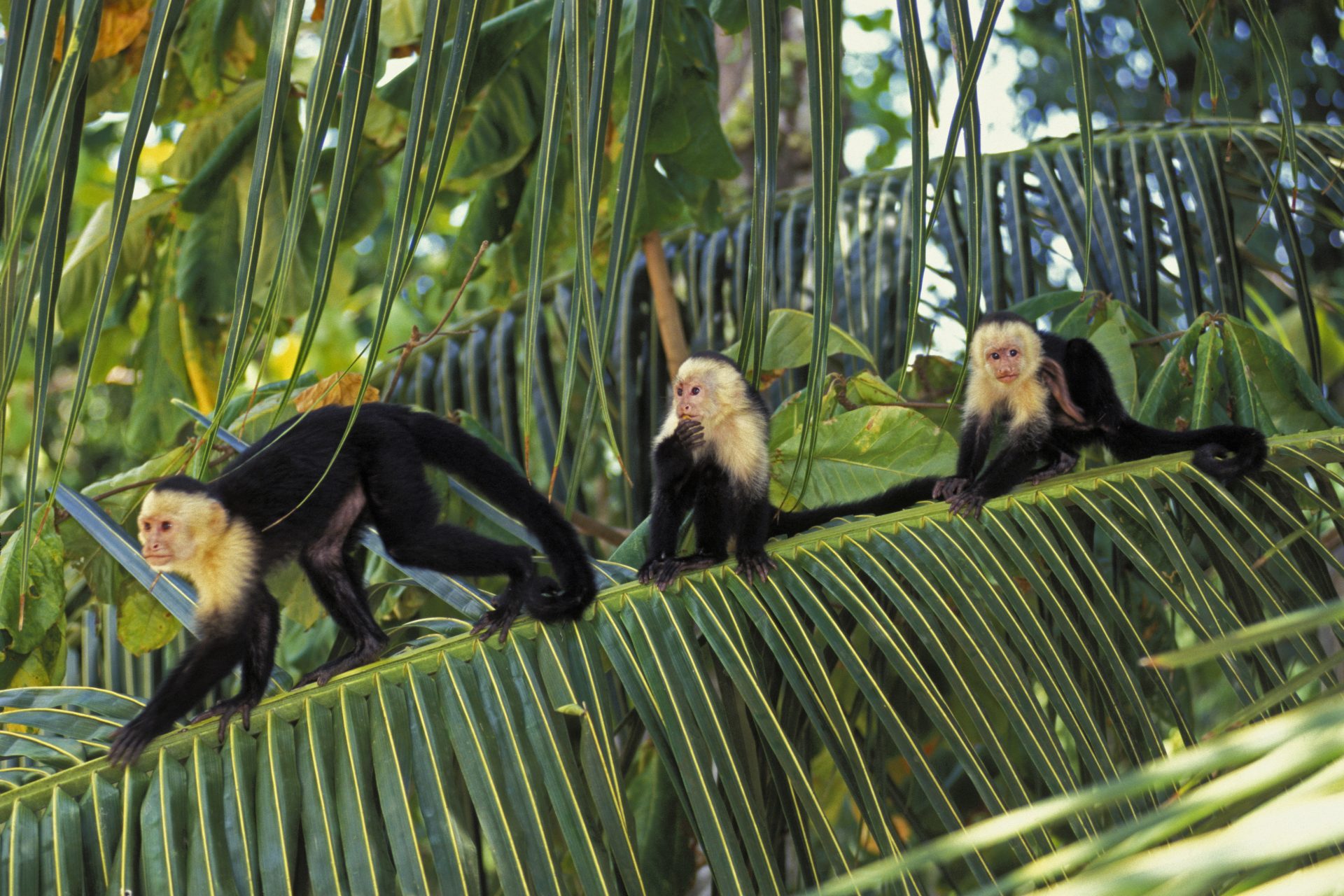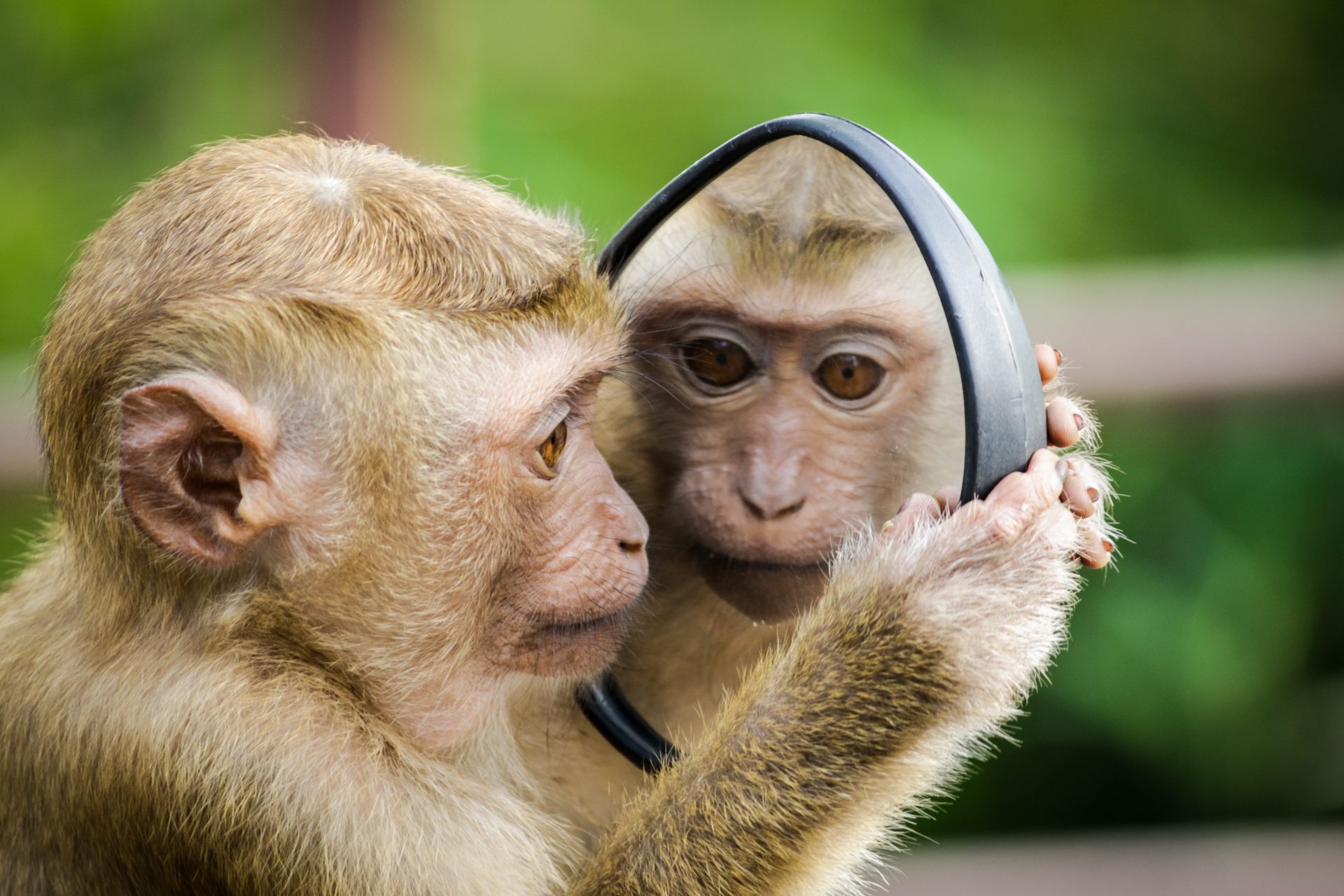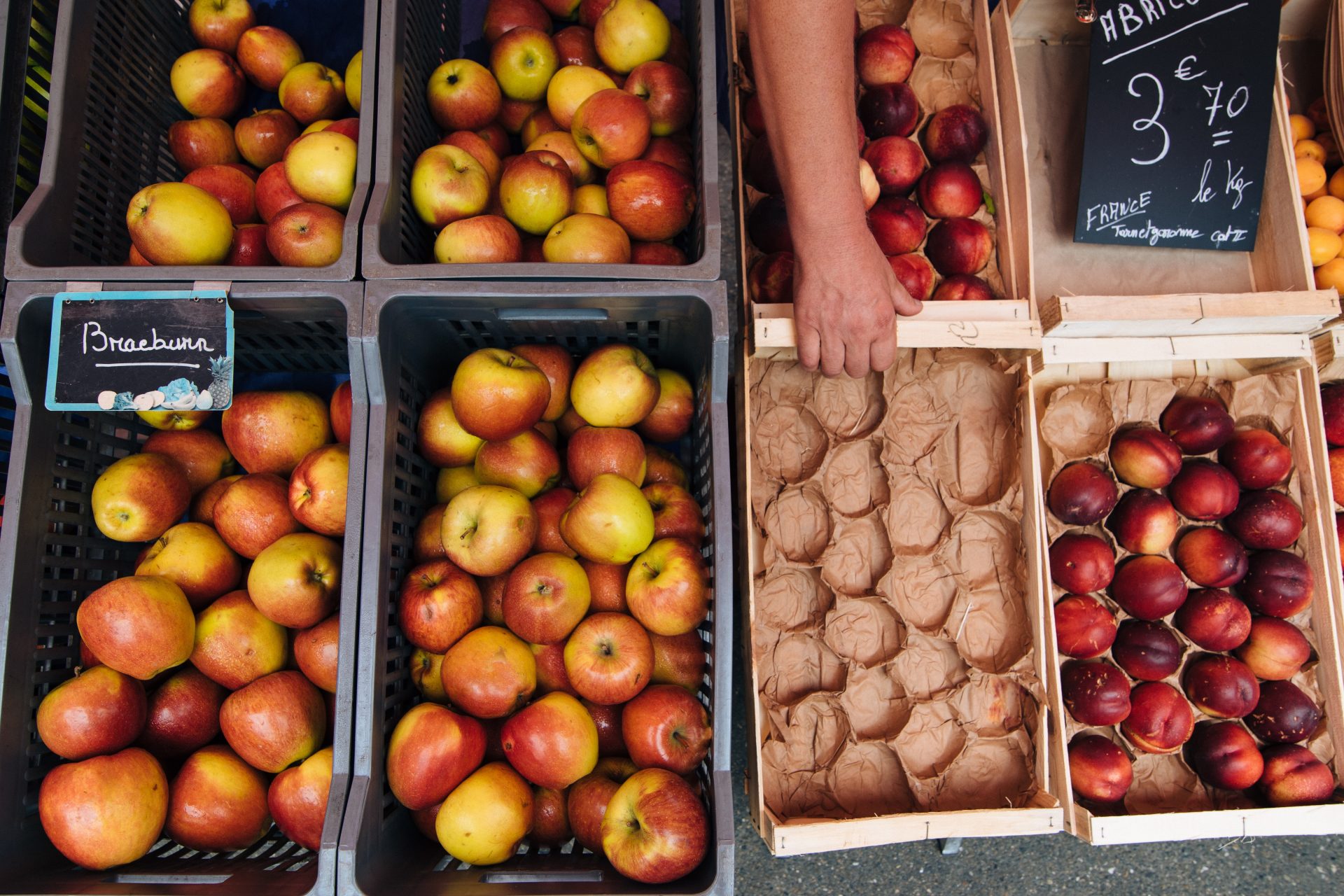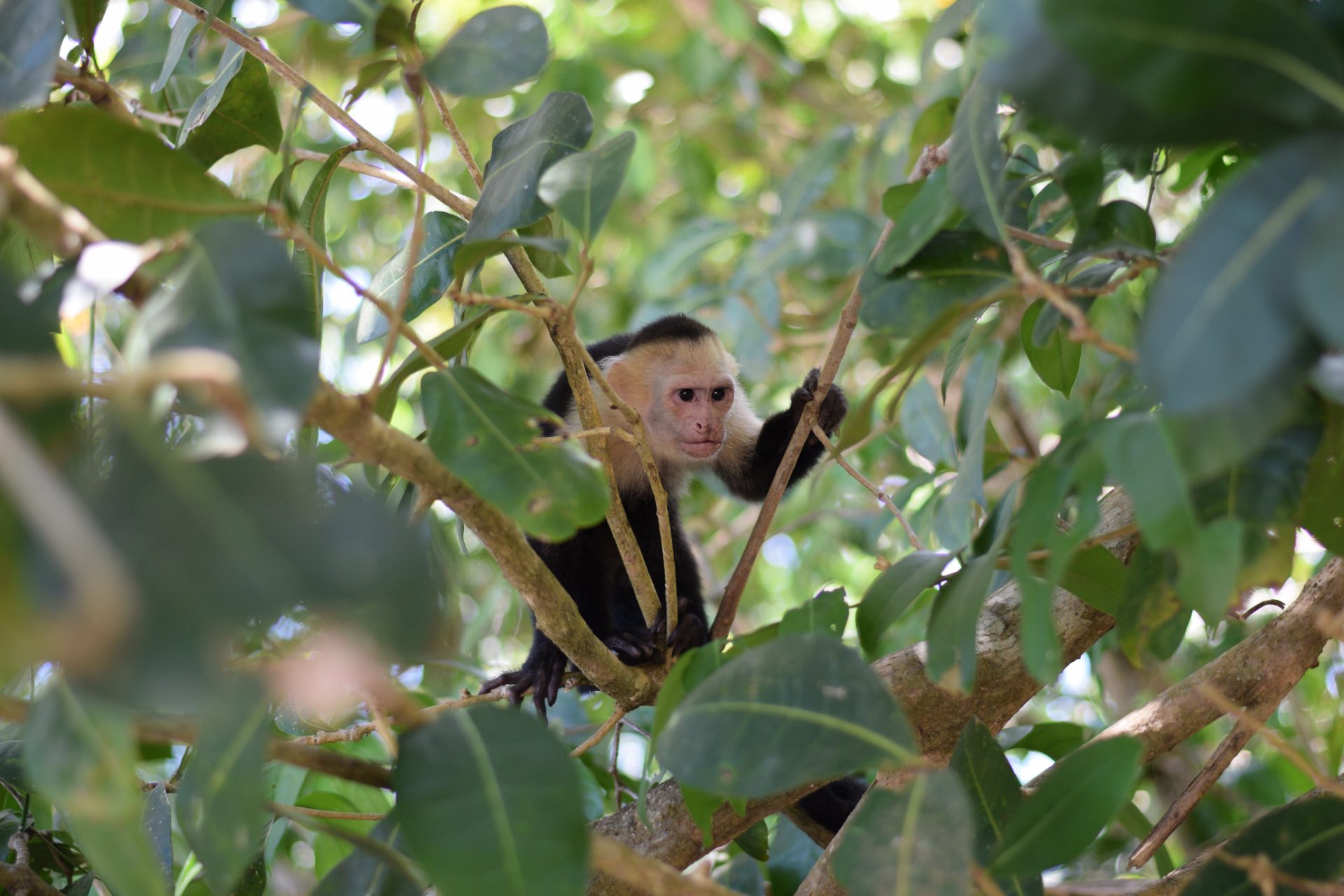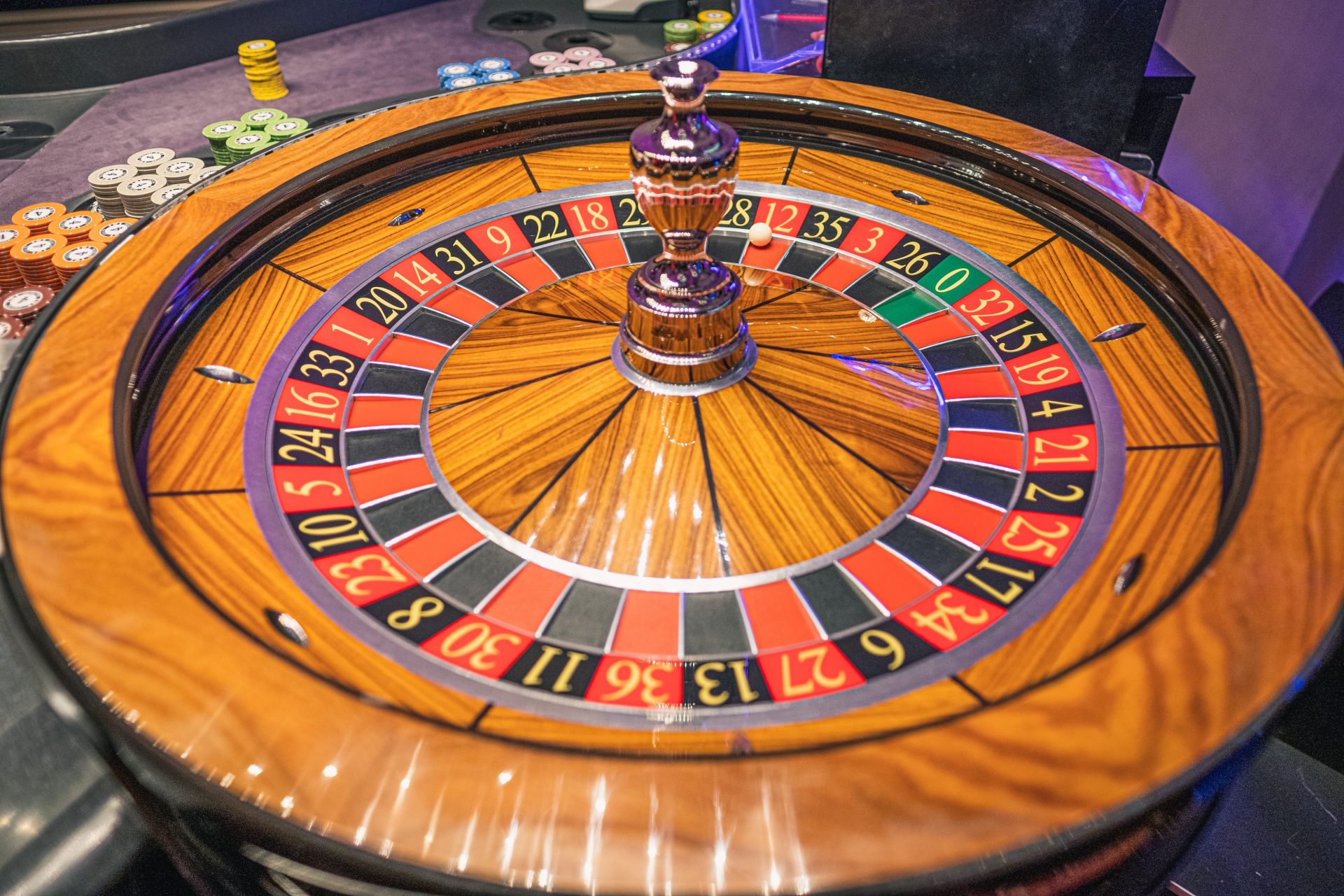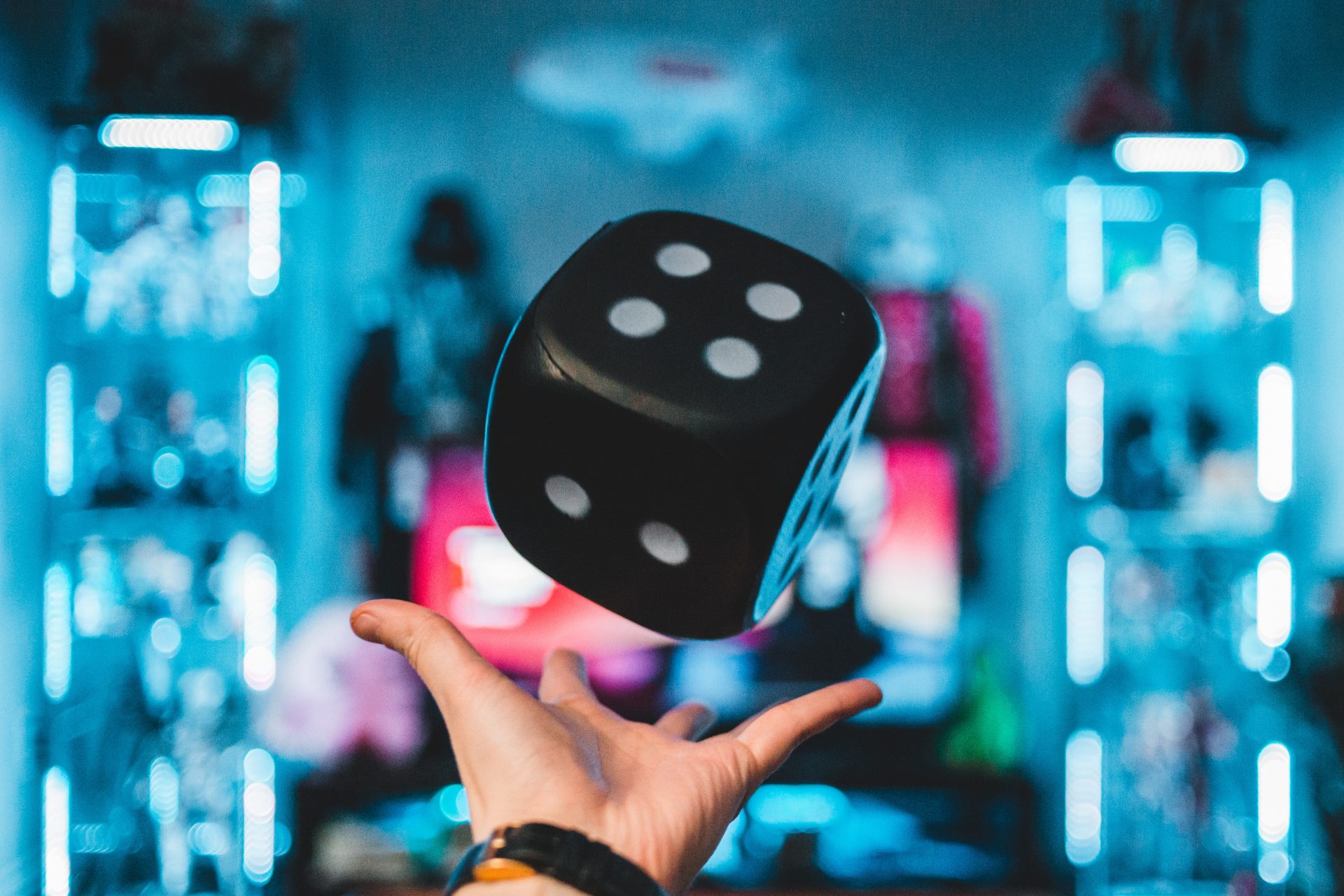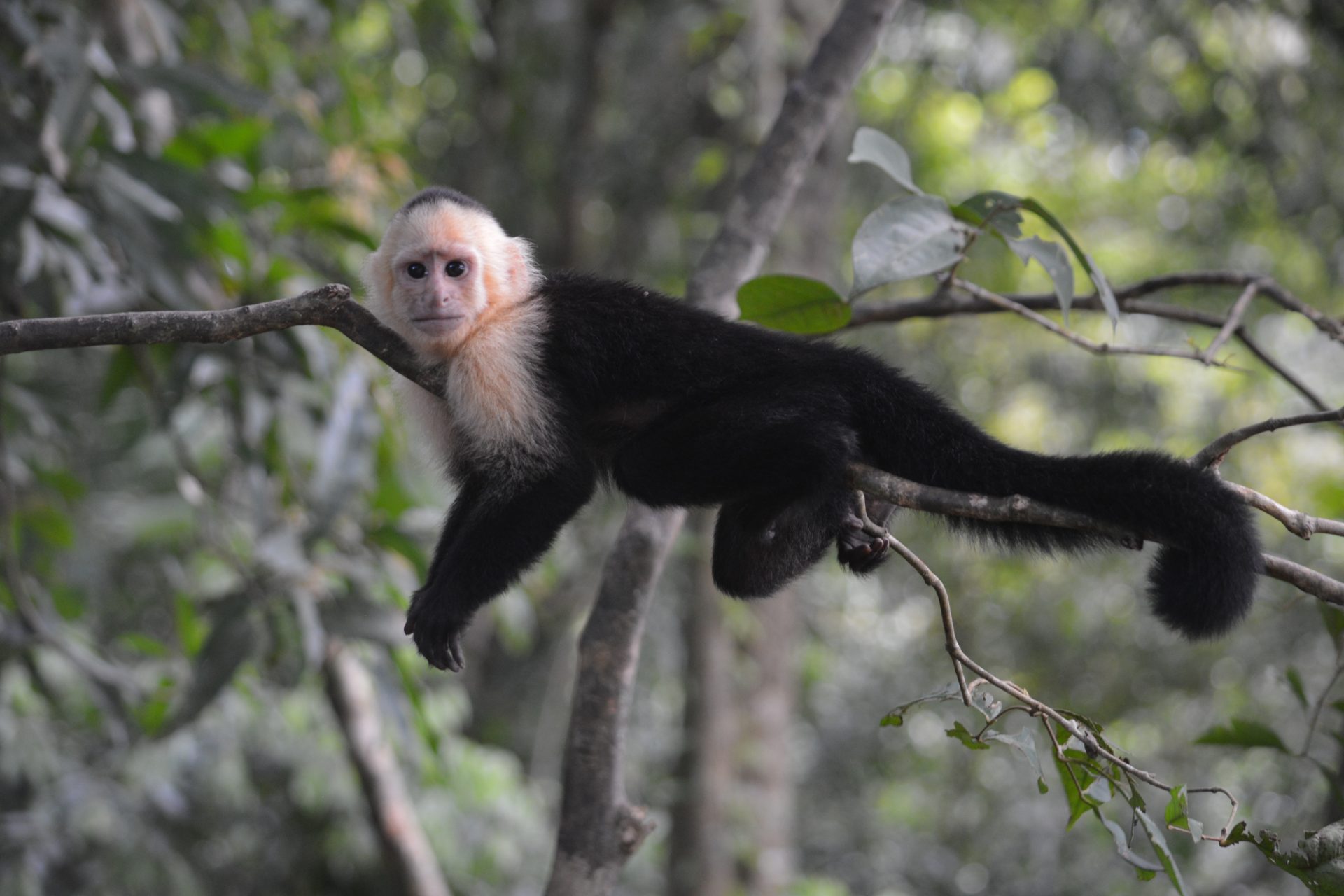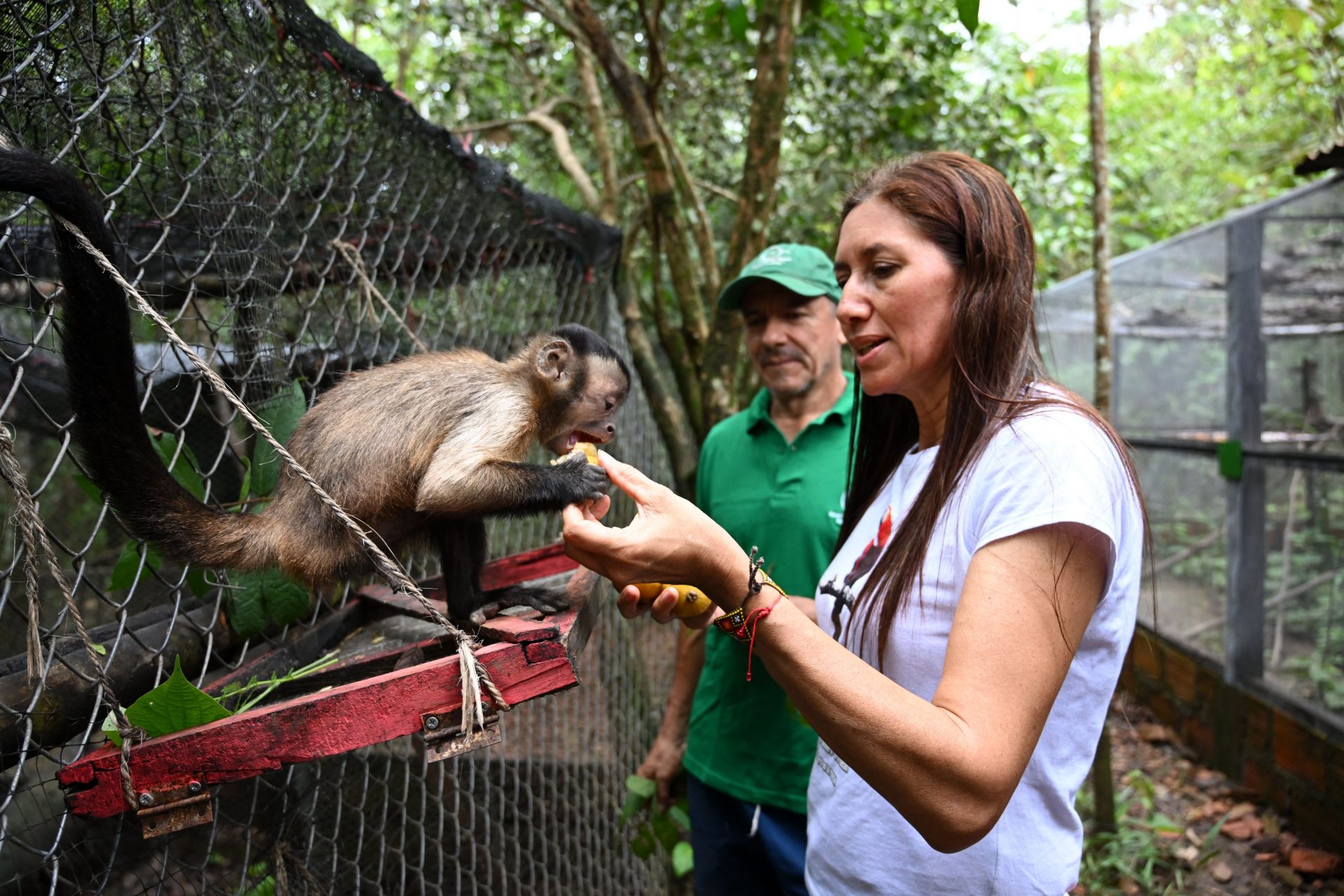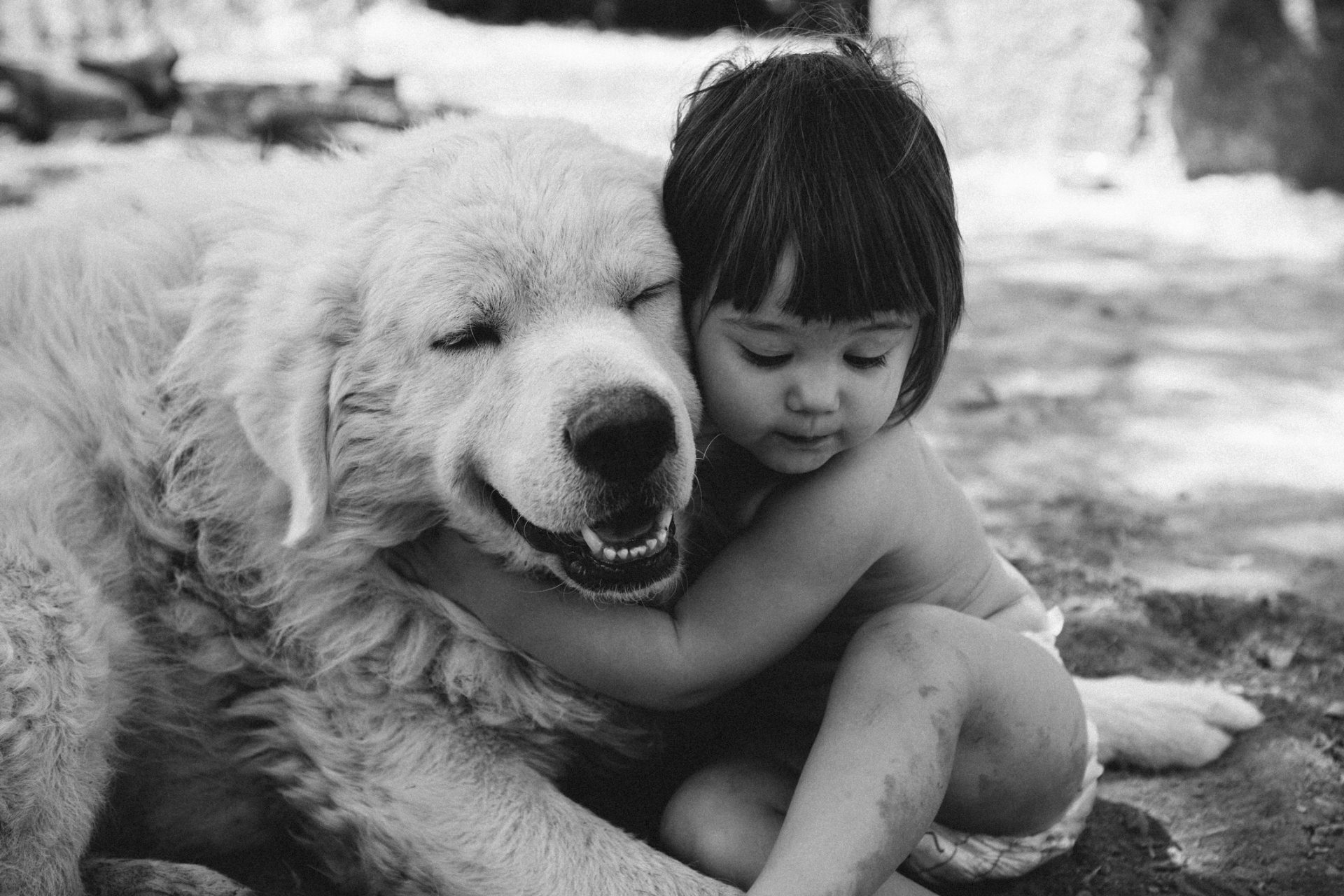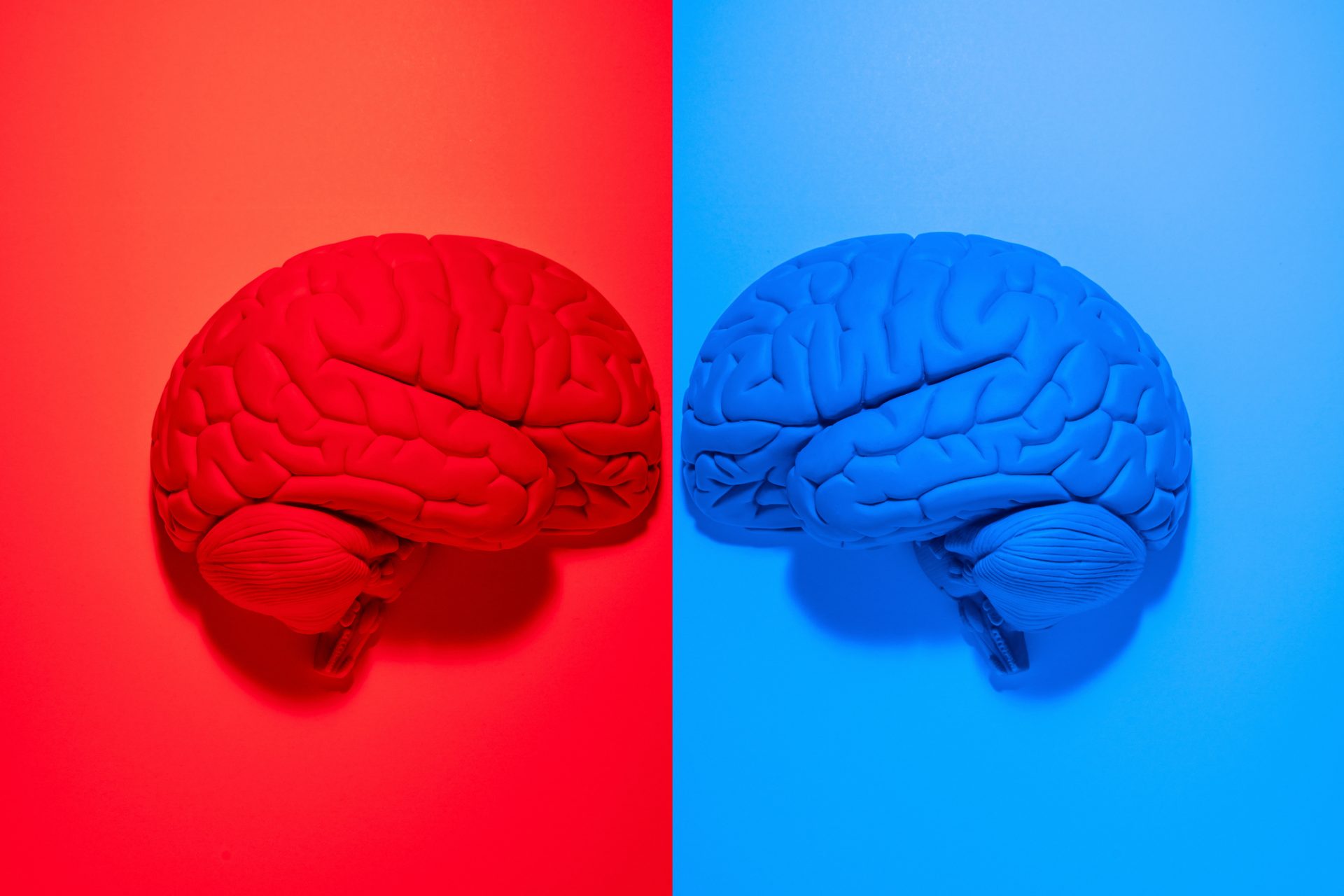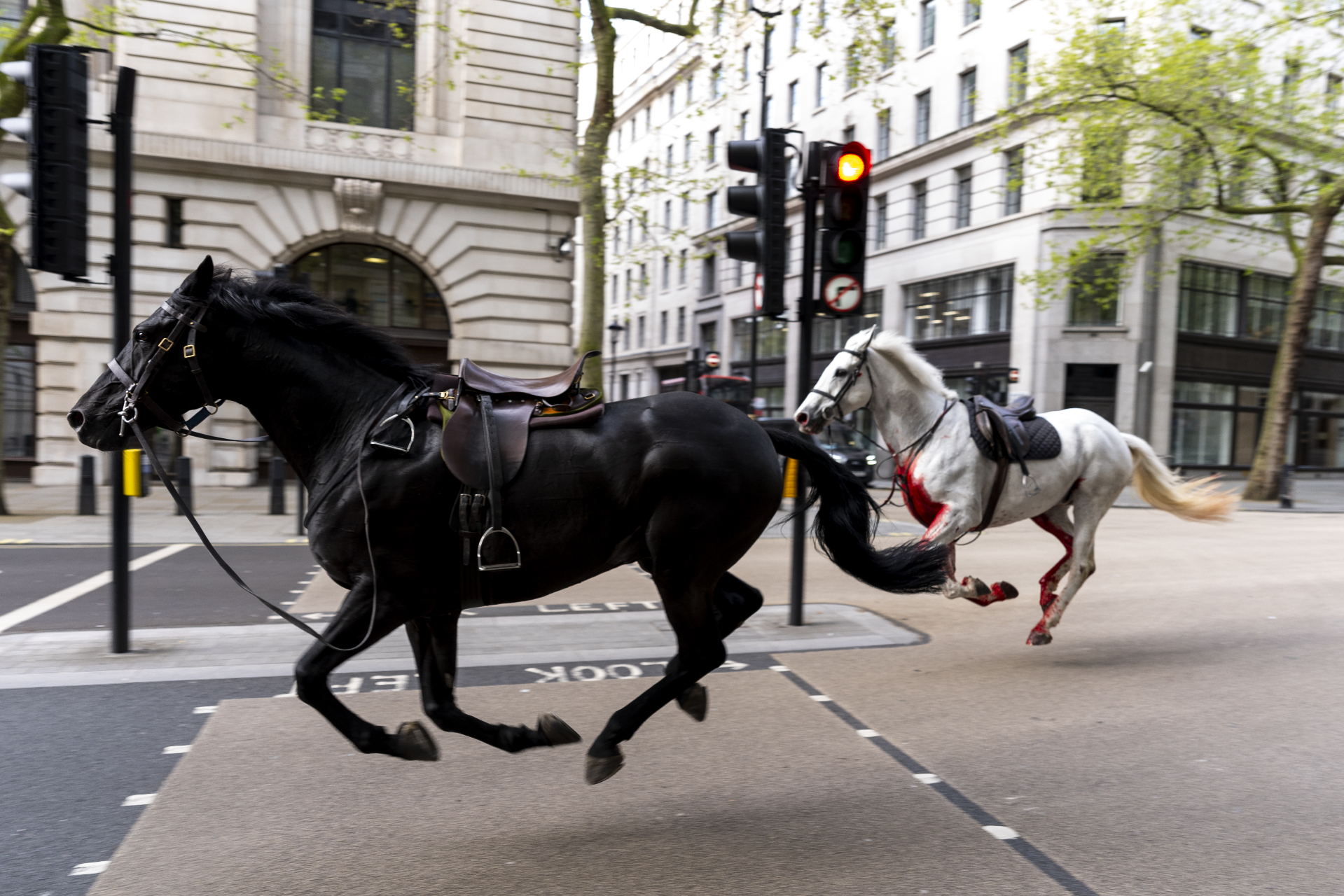Scientists introduced money to monkeys: This is what they learned
Money makes the world go around, as the song says, and the idea of human society without money sounds as inconceivable as teaching animals how to use currency.
However, everything changed in 2005 when two researchers from Yale University introduced the basic concept of money to seven Capuchin monkeys. Their experiment went into unexpected places.
As The New York Times explained, economist Keith Chen and psychologist Laurie Santos taught the seven Capuchin monkeys how to buy grapes, apples, and Jell-O using small disks as currency.
From: @girlwithredhat / Unsplash
The experiment took place in a clean, controlled environment: A spacious laboratory in the Yale-New Haven Hospital.
Teaching the monkeys wasn’t an overnight process: It took Chen and Santos several months of repetition for the Capuchin to learn how to exchange the disks for food.
Image: @andremouton / Unsplash
The BBC commented that the researchers set up a tiny, makeshift market where the Capuchin monkeys could exchange the tokens for different food items at different prices.
Image: @peterf / Unsplash
After the monkeys grasped the concept of currency exchange, the researchers introduced different prices for different items, to see if the Capuchin monkeys would notice.
Image: @annepreble / Unsplash
Much to their surprise, the monkeys quickly understood the idea of buying the cheapest food items to take the most advantage of their money. In other words, they learned how to budget.
Image: @towfiqu999999 / Unsplash
Opportunism also arose among the monkeys. If they saw a displaced token lying around, they would try to grab it when the scientists weren’t paying attention.
Image: @ssilvas / Unsplash
The New York Times reported that Chen and Santos also introduced very basic gambling games.
Image: @freewalkingtoursalzburg / Unsplash
In one gambling game, one vendor would exchange a token for two grapes and the vendor would give them either one or three grapes. The monkeys went with the safest choice and opted to buy the two grapes for one token.
Image: @majapetric / Unsplash
Then the scientists changed things around, with the monkeys getting either two grapes or having the possibility of a third grape or losing one. This time, the Capuchin monkeys chose the riskier bet.
Image: @introspectivedsgn / Unsplash
Chen pointed out that the Capuchin monkeys followed the same thought process as your average gambler or stock exchange investor.
Although the monkeys never consciously saved any tokens, one of them tried to steal a whole tray full of disks, which the researchers then had to negotiate using food items to get them back.
Image: @joyernst / Unsplash
However, the most shocking discovery was seeing that the Capuchin monkeys figured out on their own to exchange tokens for sex among each other.
Perhaps our furry cousins from the animal kingdom are more human than we imagine. Or maybe, we are closer to animals that we like to admit.
More for you
Top Stories



